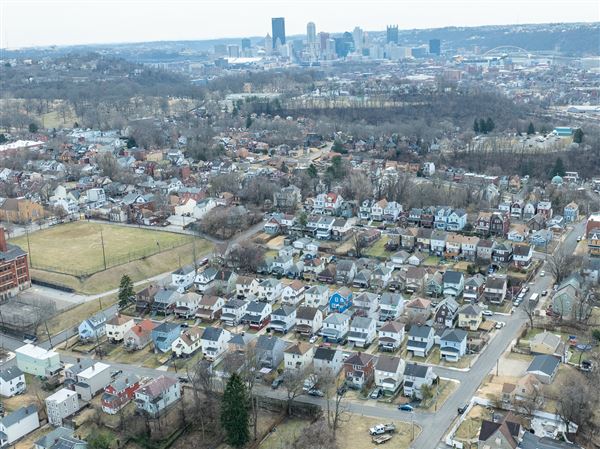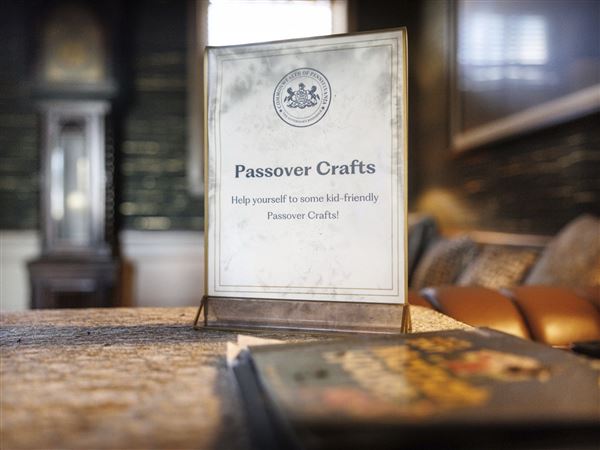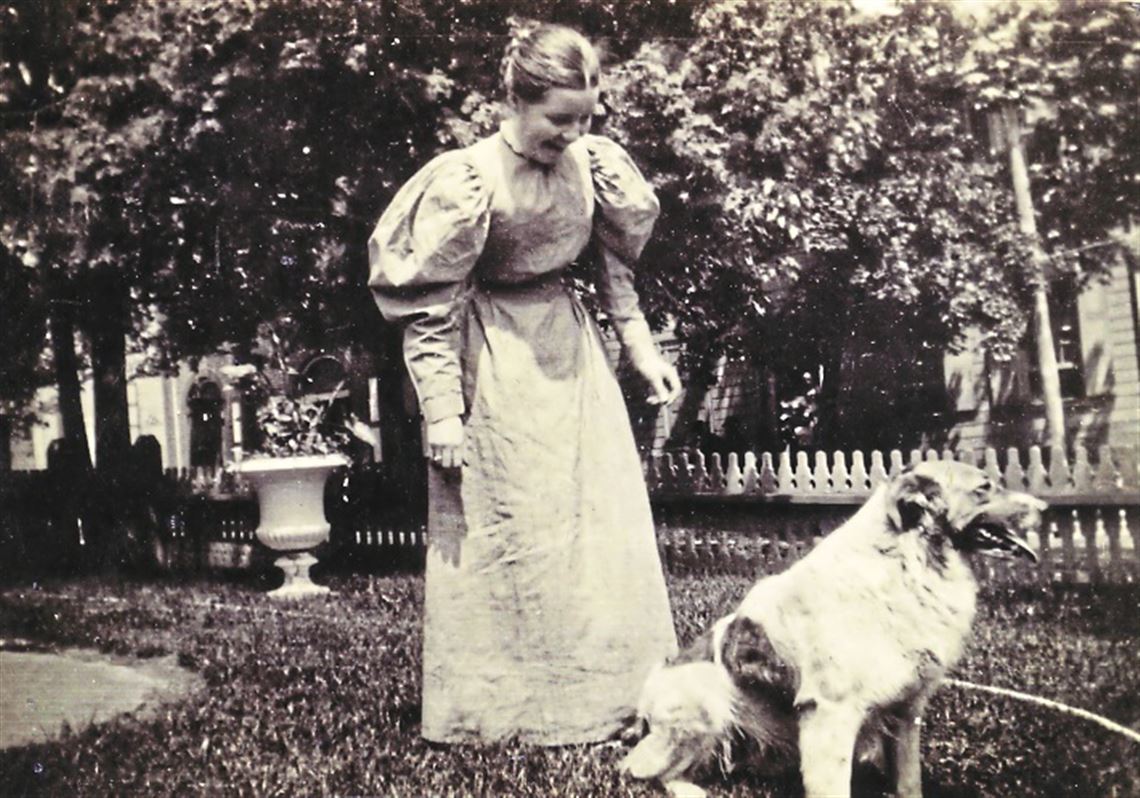Pittsburgh women waged a long battle to win the right to vote. Their arduous campaign united affluent white society matrons, young rebels who flouted Victorian mores and African-American women.
Two of the best-known suffragists were society matrons and sisters — Eliza Kennedy Smith and Lucy Kennedy Miller. Newspaper readers of the 19th and 20th centuries knew them as Mrs. Templeton Smith and Mrs. J.O. Miller.
After the battle for the ballot ended, entrenched politicians called them “she-devils” because of their unrelenting efforts to expose corruption at city hall, said their descendant, Eliza Smith Brown of Squirrel Hill.
Victory arrived in August 1920 when Tennessee became the 36th state to ratify the 19th Amendment to the U.S. Constitution, giving all American women the right to vote.
At 5:30 p.m. Sunday, descendants of local suffragists will gather at the Heinz History Center for a reception and to watch the documentary “Trailblazers of the Suffrage Movement — Celebrating 100 Years.” A panel discussion will follow. The film’s director is Lauren Zito of Francis Rocks! Productions.
“Women didn’t have any say in much of what was going on and that’s why they needed to get the right to vote,” said Elise Morris, who appears in the film.
Her husband is a descendant of Winifred Barron Meek Morris, organizer of the Shirtwaist Ball in 1916. Billed as the “most Democratic Fete ever attempted in Pittsburgh,” it was held at Motor Square Garden in East Liberty to raise money for the suffrage movement.
Another outspoken suffrage advocate was Edna Schoyer. The daughter of a Quaker mother and a Jewish father, the highly literate woman lived in Squirrel Hill and came from a family of attorneys, so advocacy was likely in her blood. She kept the movement’s financial books, sold and wrote pamphlets and staged all types of fundraisers. By 1915, she was the lifelong partner of Anne S. Richardson, a wealthy woman who lived on a large farm in Ridgefield, Conn.
In Pittsburgh’s black community, Emma Writt Richards belonged to the Lucy Stone Suffrage League and held meetings of that group in her Susquehanna Street home. Her granddaughter, Martha Conley, of Lincoln-Larimer, became the first black woman to graduate from the University of Pittsburgh law school in 1971. Daisy Lampkin, another member of the Lucy Stone Suffrage League, also became nationally prominent in the struggle for civil rights.
When the Aurora Reading Club, one of the nation’s oldest African-American book groups, gathered here in March 1912, members heard a performance by Sara Beatrice Writt, a gifted soprano who trained at the New England Conservatory of Music. A social worker, Sara Writt lent her talents to the suffrage cause. But at that same meeting, club members heard Julia Marlowe Harding speak against suffrage, arguing that it would divide families.
Pittsburgh women lobbied state legislators in Harrisburg and voters in every one of Pennsylvania’s 67 counties. During World War I, they operated a Suffrage Hut canteen, handing out coffee, doughnuts and stationery to soldiers. They volunteered for the American Red Cross, opened a school for suffragists at Pitt, organized parades, staged benefit concerts and costume balls, hosted teas and even melted their jewelry to raise money.
Gloria Forouzan, who lives in Lawrenceville, serves on the Pittsburgh Suffrage Centennial Committee, which is planning events throughout the year. Pittsburgh can be proud of its role in the suffrage movement, Ms. Forouzan said.
“These Pittsburgh women were powerhouses. Without them ... this would have been a much more difficult path. The thought, the spark, the strategy was here, coupled with humor. We always think of them as stern women. They could spin on a dime and make things happen,” Ms. Forouzan said.
To attend the free screening, please register at heinzhistorycenter.org/forgingtheway.
Marylynne Pitz: mpitz@post-gazette.com, 412-263-1648 or on Twitter:@mpitzpg.
First Published: March 6, 2020, 12:34 a.m.
















